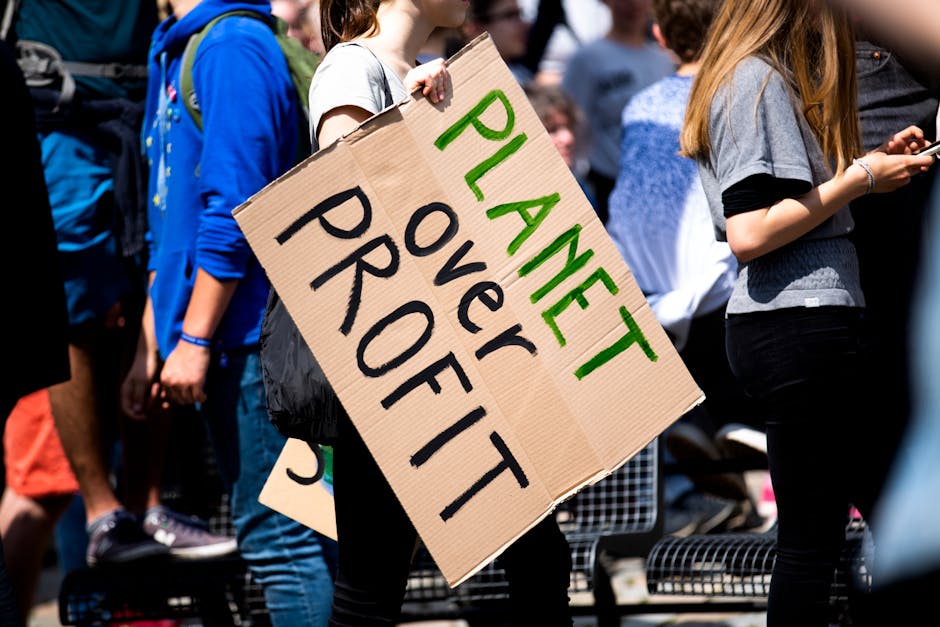Global warming refers to the gradual increase in the average temperature of the Earth's atmosphere and oceans over time. It is caused primarily by the release of greenhouse gases, such as carbon dioxide and methane, into the atmosphere, leading to a phenomenon known as the greenhouse effect.
The greenhouse effect occurs when these gases trap heat from the sun, causing a gradual rise in global temperatures. Human activities, particularly the burning of fossil fuels for energy production and transportation, have significantly contributed to the increase in greenhouse gas emissions since the pre-industrial era.
The consequences of global warming are far-reaching and pose a grave threat to both the planet and its inhabitants. Rising temperatures have resulted in melting polar ice caps, leading to rising sea levels and increased risk of flooding in coastal regions. Extreme weather events, such as hurricanes, heatwaves, and droughts, have become more frequent and intense, causing widespread damage and loss of life.
Furthermore, global warming is having a detrimental impact on ecosystems worldwide. Many plant and animal species are facing extinction due to habitat loss and changing environmental conditions. Coral reefs, which are vital to marine biodiversity, are being bleached and destroyed by rising sea temperatures and ocean acidification.
The effects of global warming are not limited to the environment. They also have significant social and economic consequences. Climate change is disproportionately affecting low-income communities and developing countries, which have limited resources to mitigate its impacts. Crop failures, water shortages, and displacement due to climate-related disasters are becoming increasingly common.
To address the threat of global warming, it is imperative that we take collective action to reduce greenhouse gas emissions. This requires a global effort involving governments, businesses, and individuals alike. Governments can implement policies that promote renewable energy, energy efficiency, and sustainable practices. Businesses can invest in eco-friendly technologies and reduce their carbon footprint. Individuals can make lifestyle changes, such as reducing energy consumption, choosing sustainable transportation options, and adopting plant-based diets.
Moreover, it is essential to support research and development in the field of climate science and renewable energy. By investing in innovative solutions, we can accelerate the transition to a low-carbon future and mitigate the worst impacts of global warming.
The threat of global warming is real and urgent. It is a challenge that requires immediate and decisive action on a global scale. By working together, we can reduce greenhouse gas emissions, protect our planet's ecosystems, and ensure a sustainable future for generations to come.

